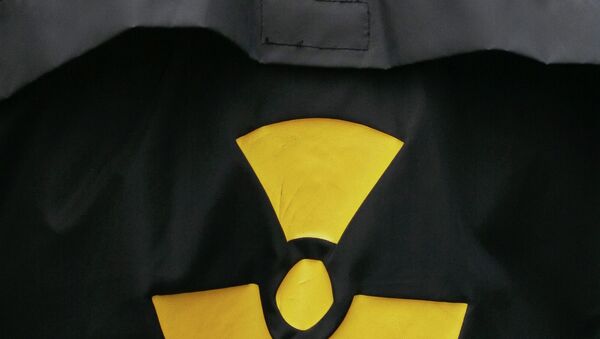VIENNA, September 16 (RIA Novosti) – Russia’s nuclear corporation, Rosatom, has requested that the International Atomic Energy Agency (IAEA) assess the environmental impact of a Russian nuclear power plant currently under construction in the Baltic.
The Baltic power plant project was initially export-oriented, with planned electricity sales to neighboring Baltic states and Poland. However, its future was put into question amid concerns expressed by potential electricity buyers, including Lithuania.
Rosatom chief Sergei Kiriyenko said the IAEA request was prepared during his Monday meeting with IAEA director general Yukiya Amano.
“We leave the environmental assessment impact to IAEA experts – this is unprecedented, for the first time ever. We have made an obvious gesture, we have placed an order with IAEA experts and are going to pay for it ourselves,” he said.
“We believe this is absolutely necessary to enhance trust in the project in the international arena,” Kiriyenko said. He added that although Russia had never ratified the Espoo convention, which obliges countries to assess the environmental impact of certain activities at an early stage of planning, the country still acts in compliance with the convention’s provisions.
Russia started the construction of the two-unit Baltic power plant in Kaliningrad in 2010, in a bid to offset an increasing energy crisis in the region. Under the project, each of the station’s two units was to have a capacity of 1,194 megawatts and a lifespan of 60 years. The first unit was to go into service in 2017.
The Lithuanian Foreign Ministry said in a statement on August 27 that under the Espoo convention Russia should have assessed potential environmental risks before launching the project. Russia signed the convention in 1991, but has never ratified it.
The Lithuanian statement was made in response to Rosatom public relations chief Sergei Novikov, who expressed his “deep regret” about that country’s refusal to conduct “constructive talks” about the power plant project.
Kaliningrad Region Governor Nikolai Tsukanov said last week that the final decision for the project would be made by early December.


